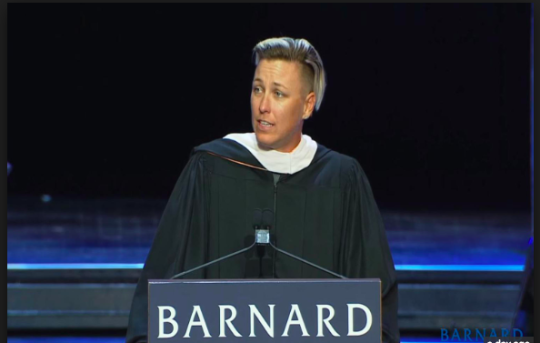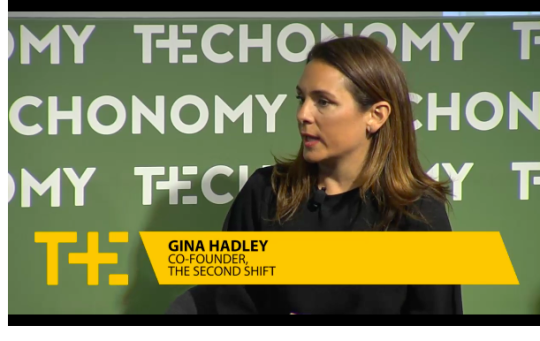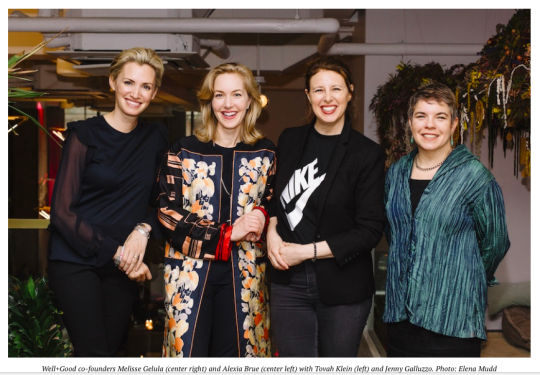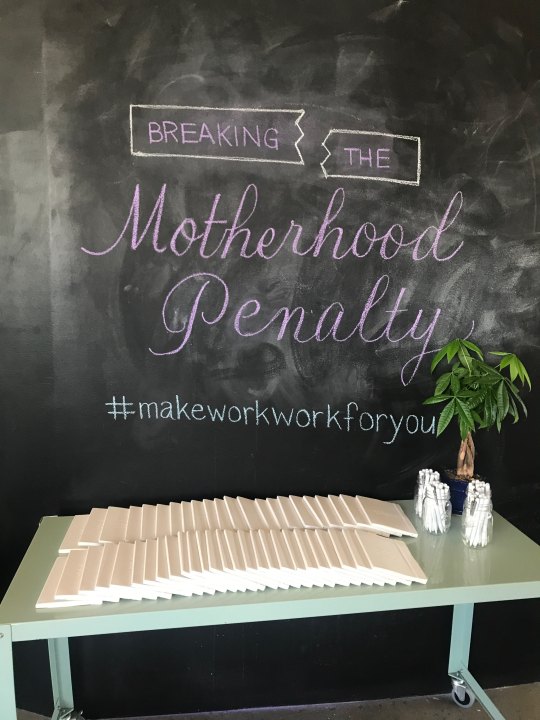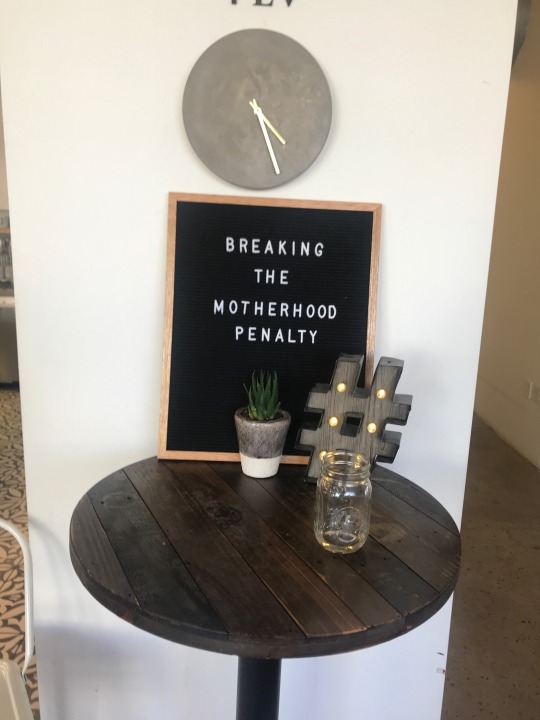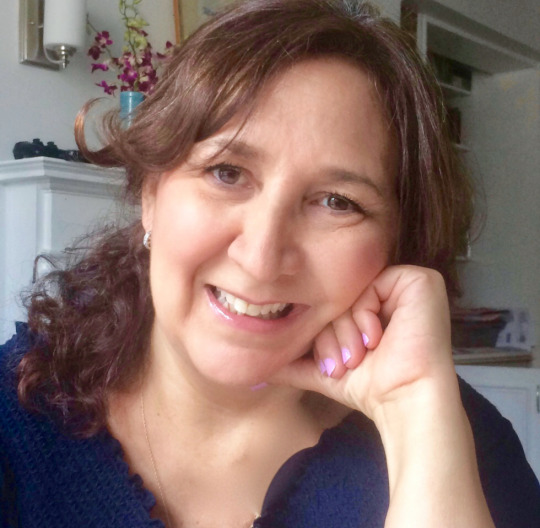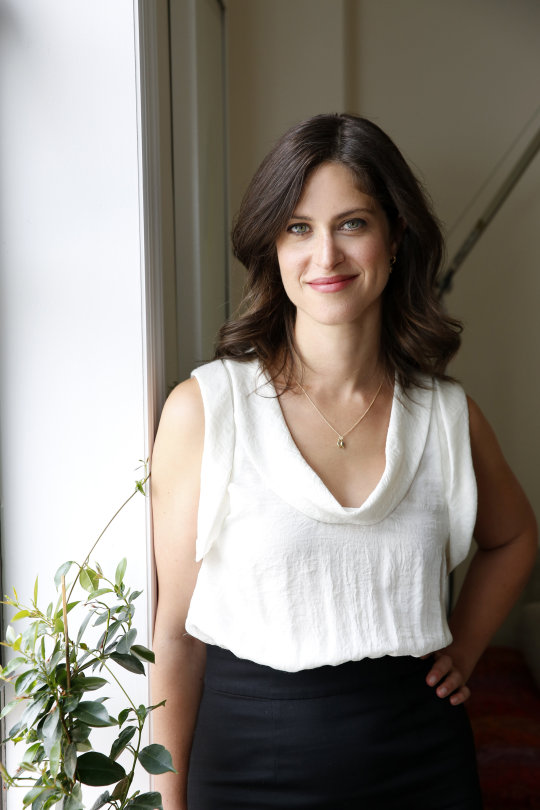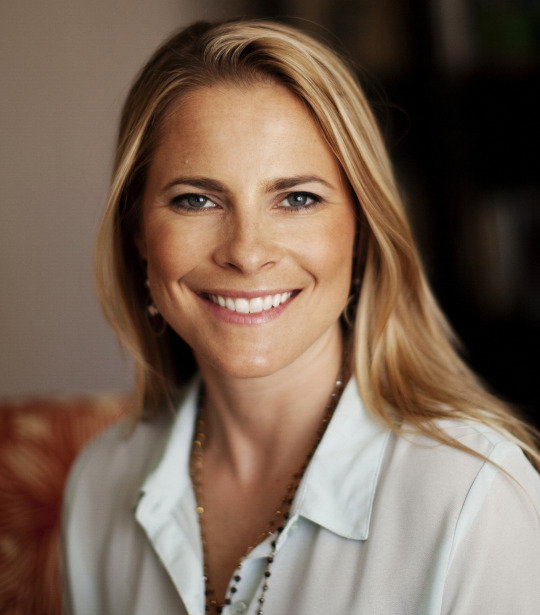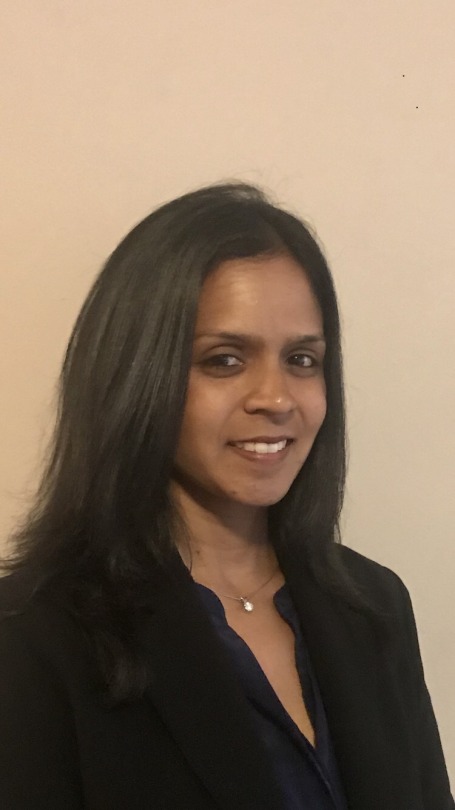
Anu Agrawal is a fantastic example of the women in our extraordinary talent pool and how The Second Shift is growing by leaps every day. Anu joined us early, way back in 2015, with a stellar background in strategic marketing. She regularly pitched for jobs that fit her skills and experience yet she struggled to find the right project. Undeterred she asked us for advice on how to tailor her pitches to highlight her background in a way that works for a broader range of clients.
Recently Anu landed her first gig working with Philz coffee. What made us so happy about this match was that Philz initially only wanted to work with someone in the Bay Area, however, Anu’s background was perfect and they reconsidered and hired her to work remotely. Ultimately this is a win/win/win for all parties and we are glad Anu was tenacious and patient and our client was open to thinking out-of-the-box for their hiring needs. Here Anu shares her experience and advice with other members who might be frustrated by not getting projects or finding the fit. Congrats Anu!
What initially attracted you to The Second Shift and the consulting life?
Like many of us, I made the decision to leave corporate life to be at home full-time with my kids. As the kids have gotten older, it has been the perfect opportunity to re-enter the workforce. I began consulting a few years ago and it has been a great way of transitioning back to my career.
I was introduced to Second Shift by a friend a couple of years ago. I was very attracted to it as the name said it all. I was looking for a Second Shift. I love how it is a company that caters to the lifestyles many of us want. No justification required.
What has been the biggest challenge you face as a consultant?
Honestly, I really haven’t faced a huge challenge as a consultant. Initially, friends who have start-ups supported me and helped me get back into the game. I was worried that it would be hard, but then soon realized that my traditional marketing background was still relevant and actually strongly appreciated by my clients.
You recently landed your first gig through The Second Shift after pitching for many many jobs… yay! What advice do you have for members getting frustrated by mismatched job results or unsuccessful pitching?
My main advice to your members is to keep on pitching and don’t get discouraged. Pitching is part of the work and you have to trust the process. With every pitch I made, I gained insights into what the marketing need is and how I can position myself to meet this need. Also, as I researched companies I was pitching to, I learned more about what I am interested in. I think another important element in pitching is always having an authentic voice.
Now that you have started this job– what advice do you have for your fellow members about negotiating and then onboarding in a consulting role?
When negotiating, figure out the rate that you believe makes the most sense. Do not under-value yourself just to get a job. In the onboarding process, it is important to make the Statement of Work (SOW) as clear as possible related to payment terms, length of the project, etc.
What has your experience working with The Second Shift been like?
Second Shift has been an amazing company to work with. Anytime I have needed anything, I have gotten the support I needed. Even though it is growing every day, Second Shift treats you like a person and not another resume.
Thank you Anu. We are grateful to have you in our member community and keep up the good work! Please remember that word of mouth is our best vetting process–please spread The Second Shift to your friends, colleagues, alumni networks. Let’s all make work work for us!
